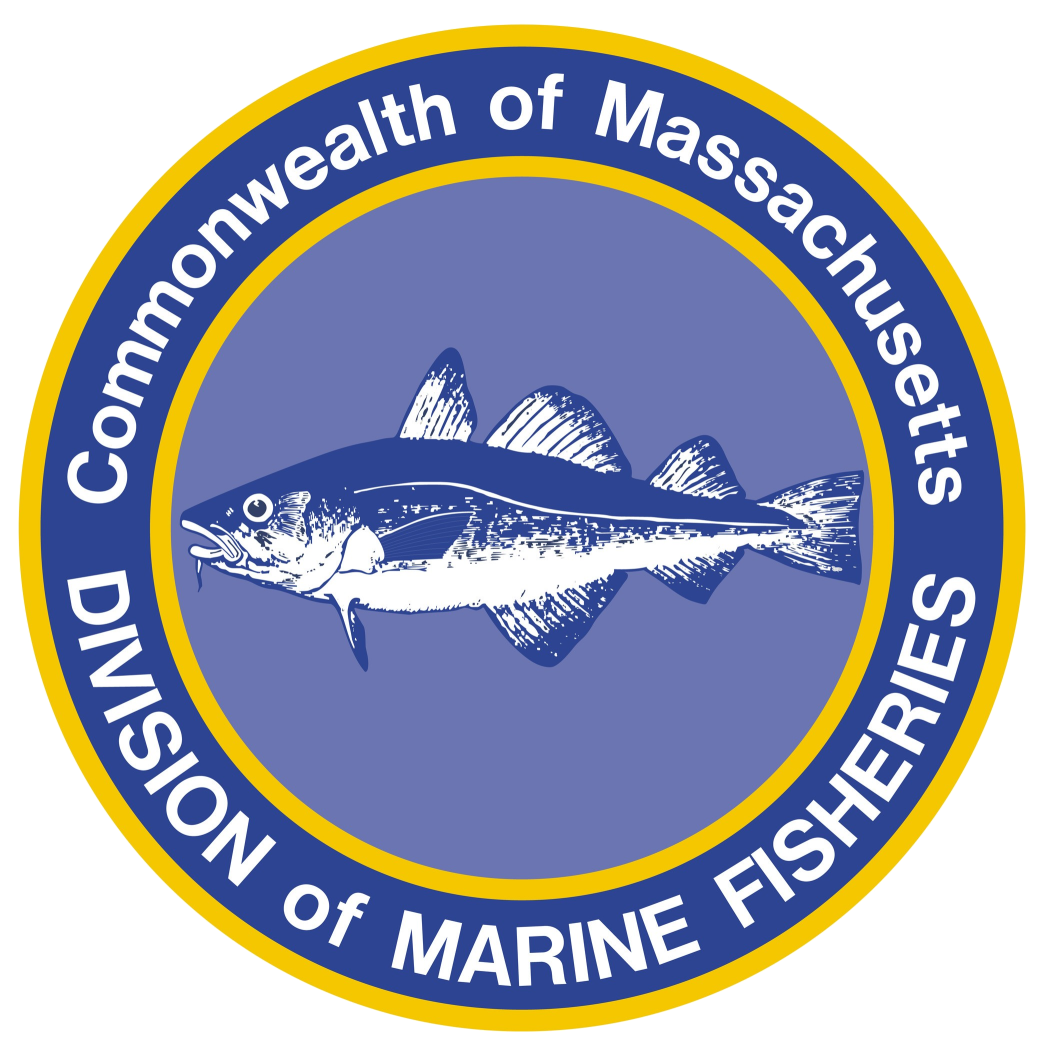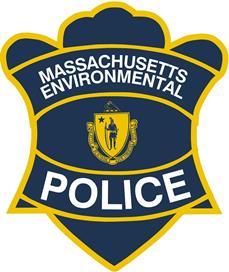- Division of Marine Fisheries
- Massachusetts Environmental Police Coastal Bureau
- Marine Fisheries Advisory Commission
In late February 2020, DMF met with the Army Corps of Engineers (ACOE), Massachusetts Environmental Police (MEP), Bourne PD, and select members of the MFAC to discuss how commercial striped bass fishing along the Canal was contributing to poaching and public nuisance activities. These problems, including anglers conducting themselves in threatening and unruly manners, parking illegally on adjacent roads, trespassing over private property, and interfering with other recreational activities, have been especially acute on open commercial striped bass fishing days. Although the primary mission of the Canal is navigation, a secondary objective of the U.S. Army Corp of Engineers’ management of the surrounding area is to provide recreational opportunities for the public. The ACOE followed up with a letter to DMF further documenting this and described how commercial fishing activity was negatively impacting the ability for ACOE to meet its mission to provide recreational opportunities.
Based on this record, Director McKiernan determined it was appropriate to consider prohibiting commercial striped bass fishing along the Canal. On June 3, 2020 DMF announced that all striped bass retained from the Cape Cod Canal or possessed within 1,000 feet of the Canal’s shoreline must adhere to the recreational fishing limits of one fish of at least 28” total length but less than 35” total length. An exception is made for the possession of striped bass 35” or greater legally caught elsewhere for commercial purposes and being actively transported through the 1,000-foot buffer area to a primary dealer. The Canal is defined as all waters and shoreline extending bounded by the seawardmost extent of the state pier at Taylor’s Point to the seawardmost extent of the northern breakwater jetty at the east end to the seawardmost extent of the southern breakwater jetty at the east end to the northernmost tip of the peninsula at the end of President’s Road in Bourne.
This regulation is expected to enhance compliance and enforcement with this year’s recreational striped bass conservation rules (i.e., the 28” to less than 35” slot limit, circle hook requirement when fishing with natural bait, and prohibition on gaffs and other injurious removal devices) at one of the most productive fishing locations for large bass. Given the Canal’s great popularity as a shore fishing location for striped bass, the Massachusetts Environmental Police and local police departments rely heavily on public tips of illegal fishing activity; however, these tips have previously been hindered by the virtual indistinguishability of recreational and commercial striped bass fishermen. The closure of the Canal to commercial striped bass fishing (in combination with the new 35” commercial minimum size) will enhance the ability of anglers to see and accurately report illegal striped bass fishing activity.
To enhance this effect, DMF placed signage along the Canal. DMF posted 49 signs along the Canal as part of our outreach regarding the new recreational striped bass slot limit. There will now be companion signage posted at the same locations notifying the public that commercial striped bass fishing along the Canal is prohibited. This signage makes clear that this is a DMF regulation and how to contact MEP should a violation be observed.
This closure of the Cape Cod Canal to commercial striped bass fishing has been adopted as an emergency regulation, pursuant to M.G.L. c. 30A, §2, for the preservation of public safety and the general welfare of the community. As such, it shall remain in effect for 90 days, unless adopted as a final regulation. A virtual public hearing is scheduled for Monday, August 3rd at 6 PM. A final regulation could be voted on by the Marine Fisheries Advisory Commission at its business meeting on August 20, 2020. For more information and the login link visit: www.mass.gov/lists/dmf-public-hearing-notices
By Julia Kaplan, Communications Specialist

